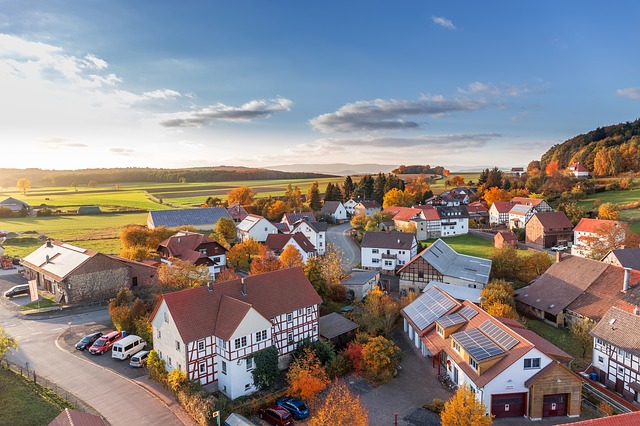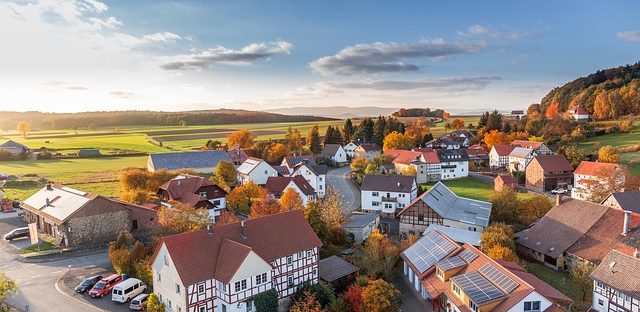- Target: 100% renewable electricity and heat by 2050
- Status: In progress
- RES: Wind power, hydropower, biomass, biofuels, solar thermal and PV and district heating systems.
- Implementation: In 2010, the State of Hessen in Germany made the commitment to transition to 20% renewable heat and power by 2020. However, a more drastic change in policy was in order due to the concerns on the impact of climate change and the events of nuclear disaster in Fukushima. The move away from fossil and nuclear power towards renewable energy and accelerated energy efficiency became imperative. In January 2012, a strategy was therefore presented on how to achieve 100% renewable electricity and heat by 2050. Essential to the strategy was to increase the energy efficiency and to restructure the existing energy system from a central to a decentralised one with smaller, more flexible power plant units. At the same time, the energy network will be expanded and adapted to meet the new requirements.
The energy transition will require the support and active participation of the private households, municipalities and businesses. To do so, the government has developed concepts to support its citizens and stakeholders with tailored investing, non-investment projects, comprehensive information and counselling services, and legislative initiatives at the federal level. Since 2012, the state government has dedicated a budget of 80 million euros for relevant energy projects. The strategy will call for the expansion of renewable energy installations, particularly in wind, solar and biomass, and the integration of smart energy management systems. - Population: 6,243,262 (2017)
- Area: 21,100 km2(8,100 sq mi)
- Link: https://www.energieland.hessen.de/Home

- In German
- In German
- In German
